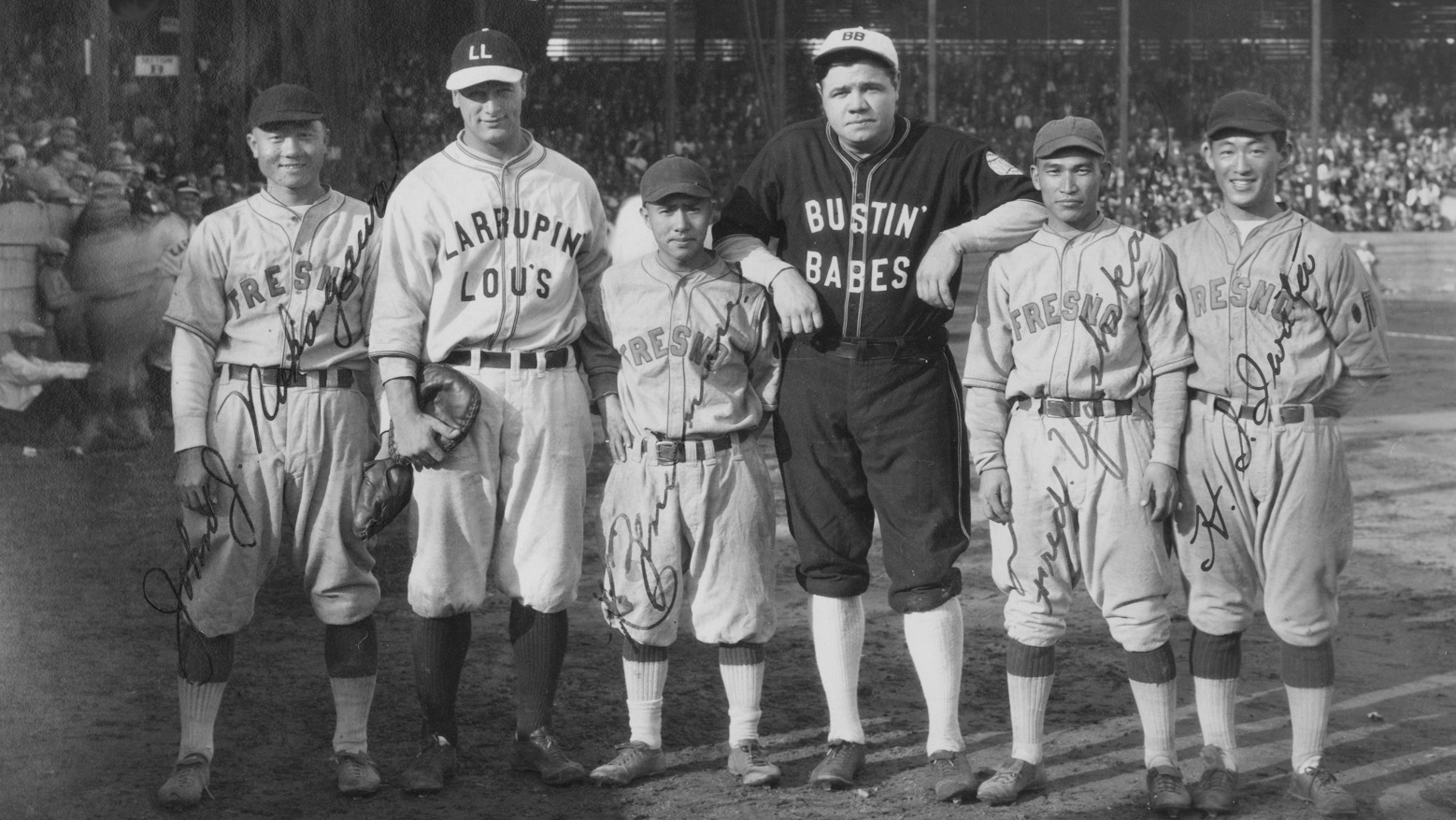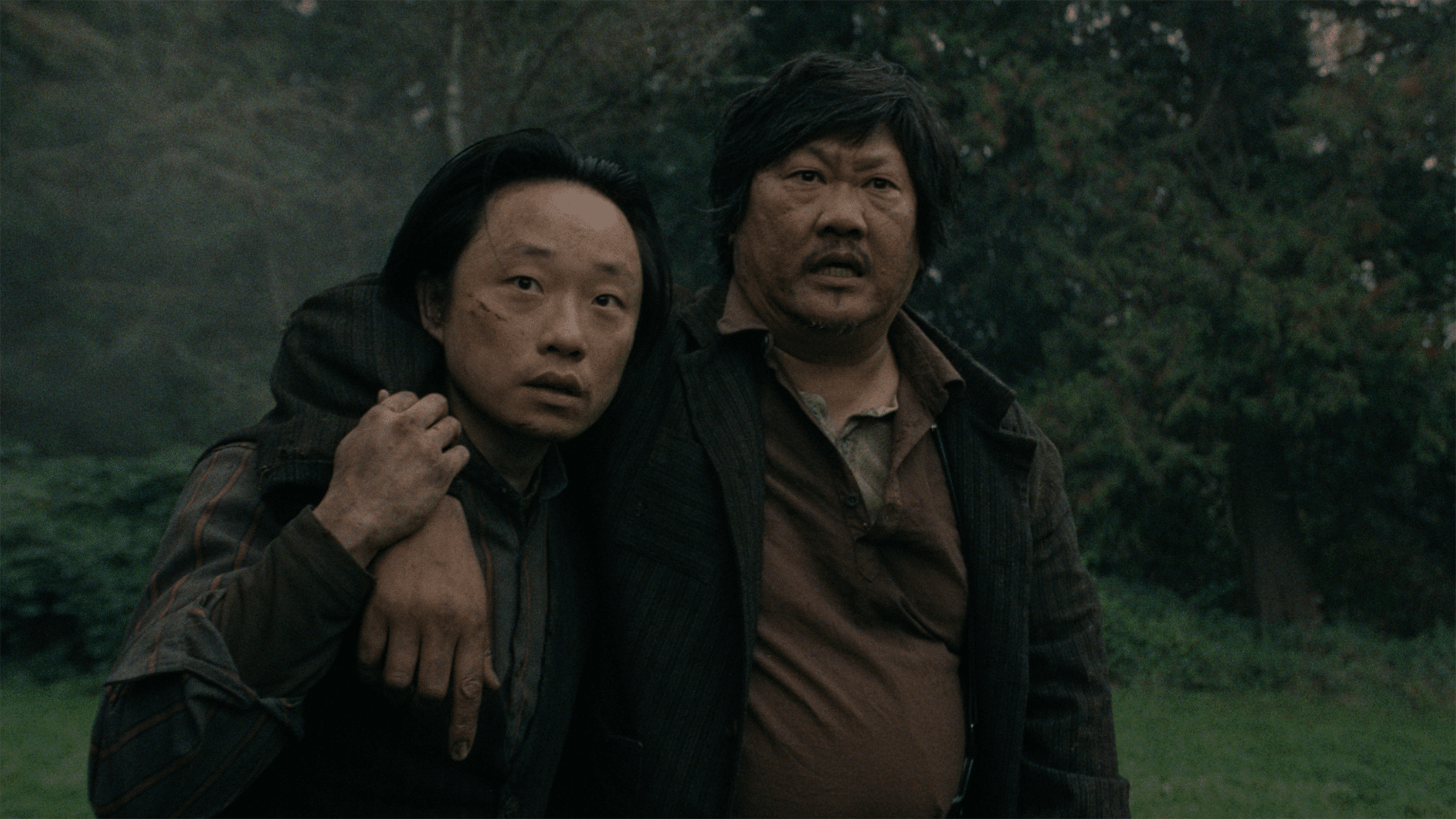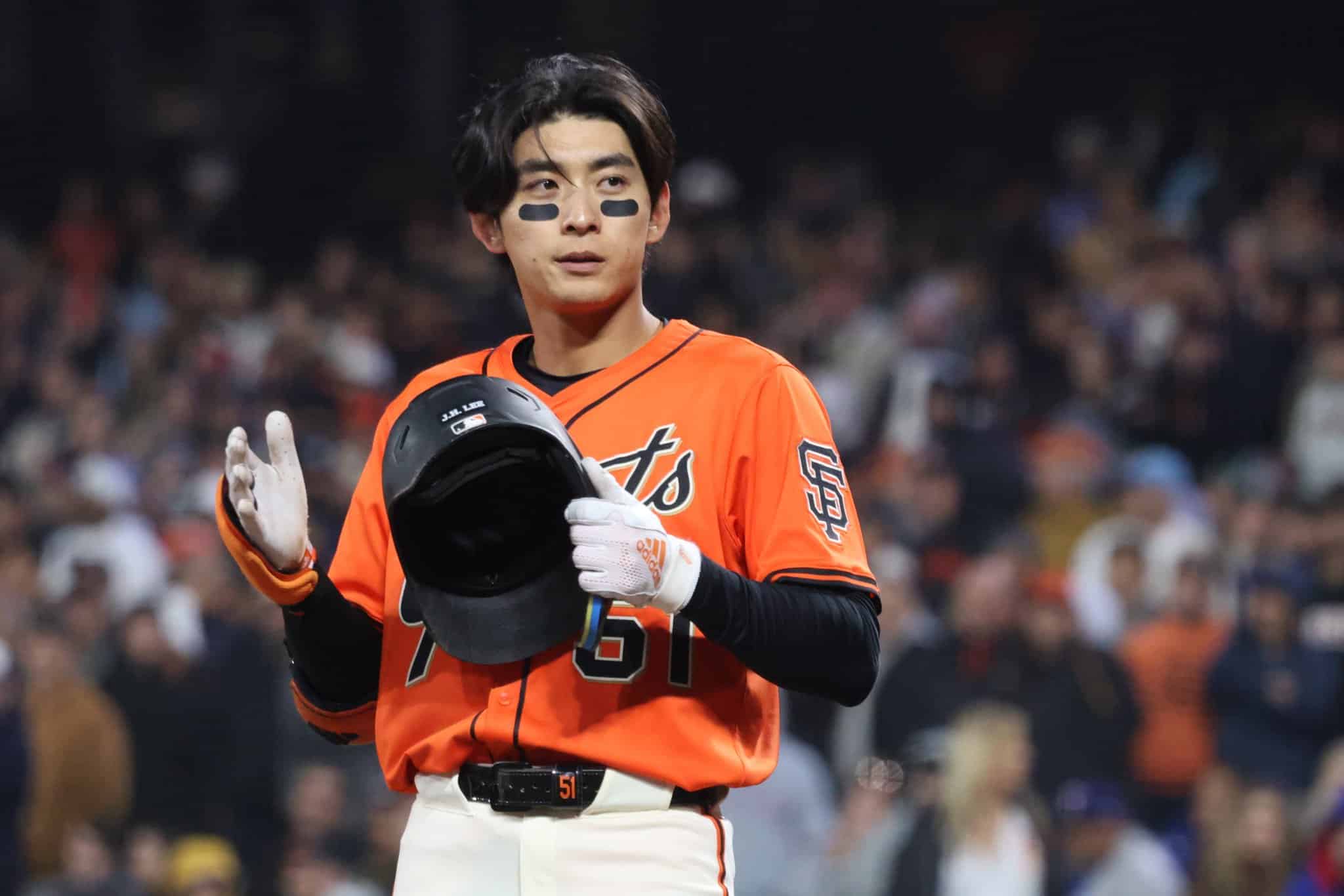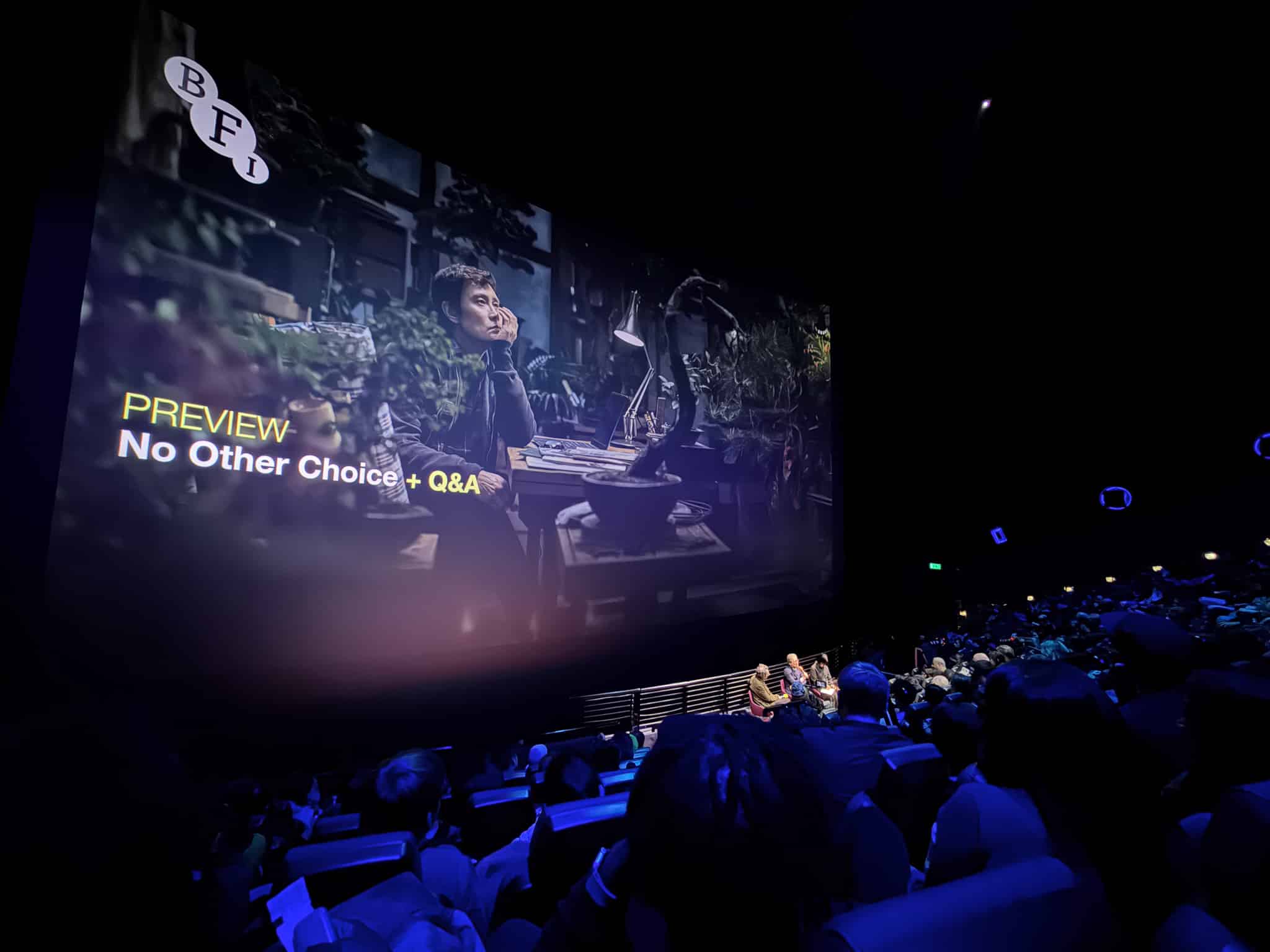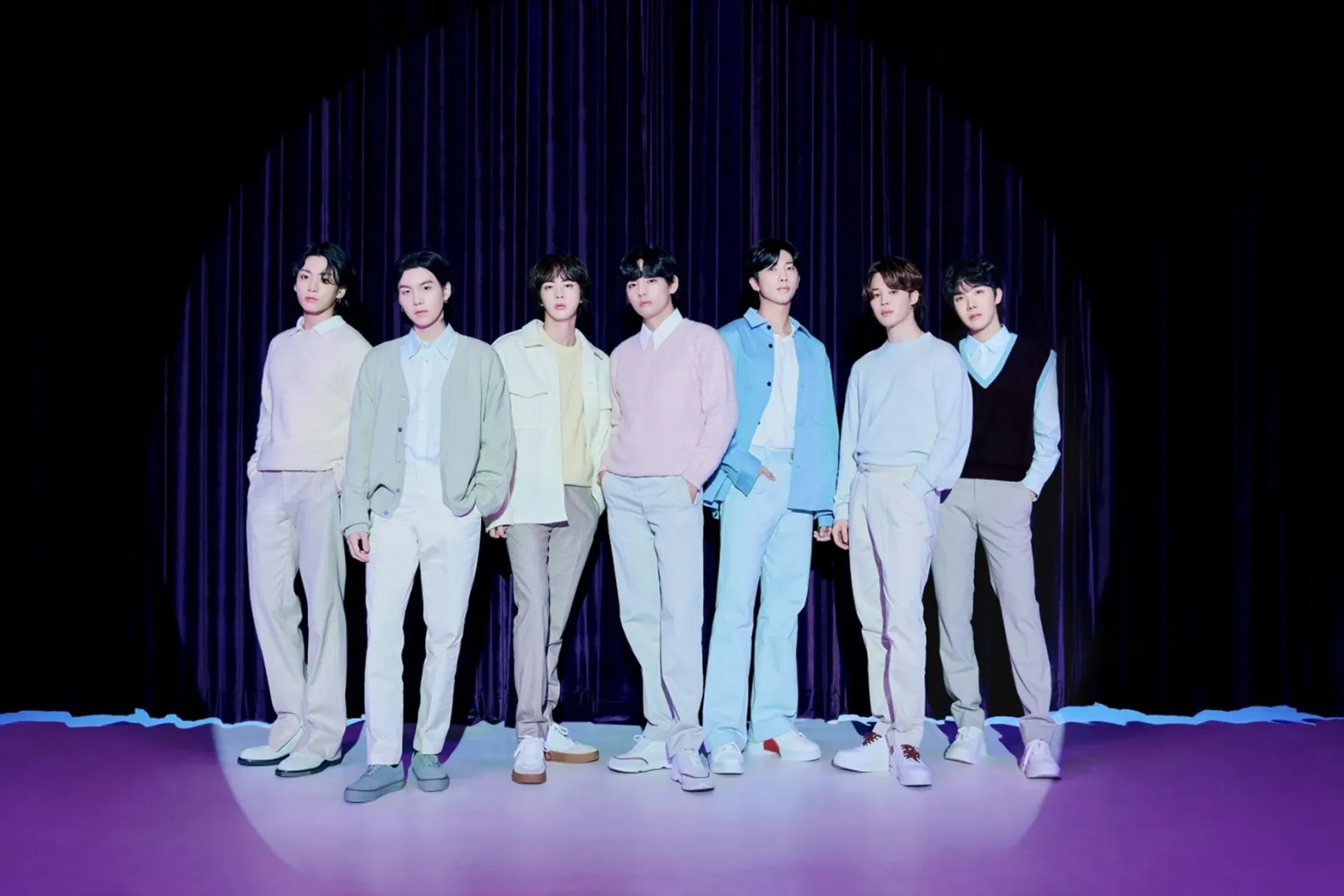In a time when the world feels more fractured than ever, it’s surprising to think that something as simple as a baseball could help mend fences between nations. And yet, for the United States and Japan, the love of the game has done just that for over a century and a half.
A new documentary, Diamond Diplomacy, explores this unlikely connection, showing how baseball became a powerful force for diplomacy, surviving war, racism, and political tensions to become a shared national pastime.
The film, directed by Yuriko Gamo Romer, traces the journey of baseball from its introduction to Japan in 1872 to the current exchange of players that continues to strengthen ties between the two countries. It’s a history told not just through dates and events, but through the personal stories of two players: Masanori “Mashi” Murakami, a Japanese pitcher who played for the San Francisco Giants, and Warren “Cro” Cromartie, an American slugger who became a legend in Tokyo with the Yomiuri Giants. Their experiences on and off the field highlight the struggles and successes of cross-cultural exchange.
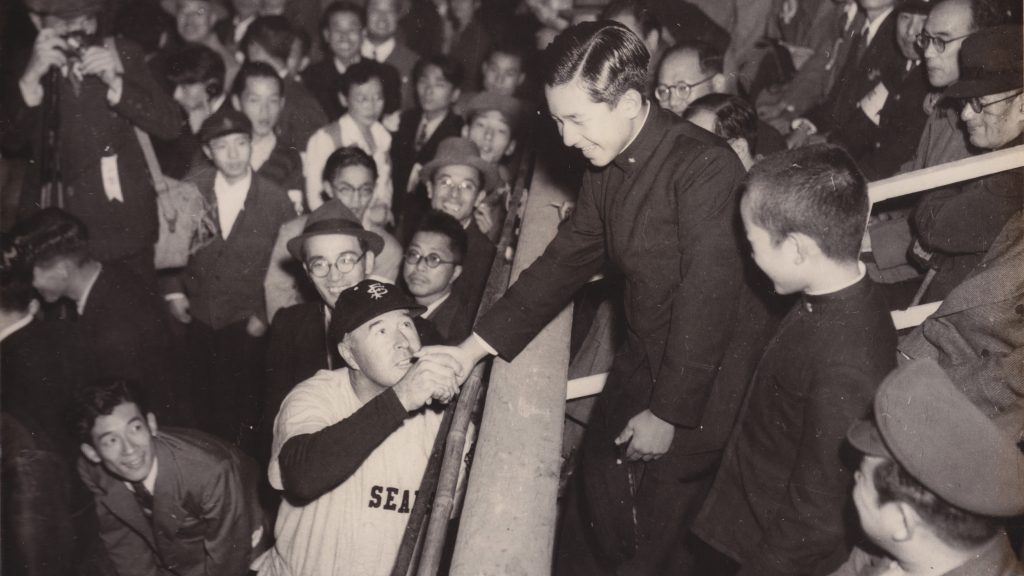
From Barnstorming Tours to Barbed Wire Fences
The film reveals that baseball’s role as a diplomatic tool began long before modern times. It all started with an American Civil War veteran, Horace Wilson, who brought a bat and ball to Japan in 1872. The sport quickly took hold, but it was tested by the storms of history.
In 1934, Babe Ruth, the most famous baseball player in the world, went on a high-profile goodwill tour of Japan. His visit captivated audiences, but it couldn’t stop the war that loomed on the horizon.
During World War II, when most things American were banned in Japan, baseball endured. The Japanese simply removed English terms from the game to keep it alive.
A few years later, in 1949, a man named Lefty O’Doul, an unofficial baseball ambassador, led his San Francisco Seals on another goodwill tour. The trip, at the request of General Douglas MacArthur, boosted the morale of the Japanese people and helped rebuild cultural ties.
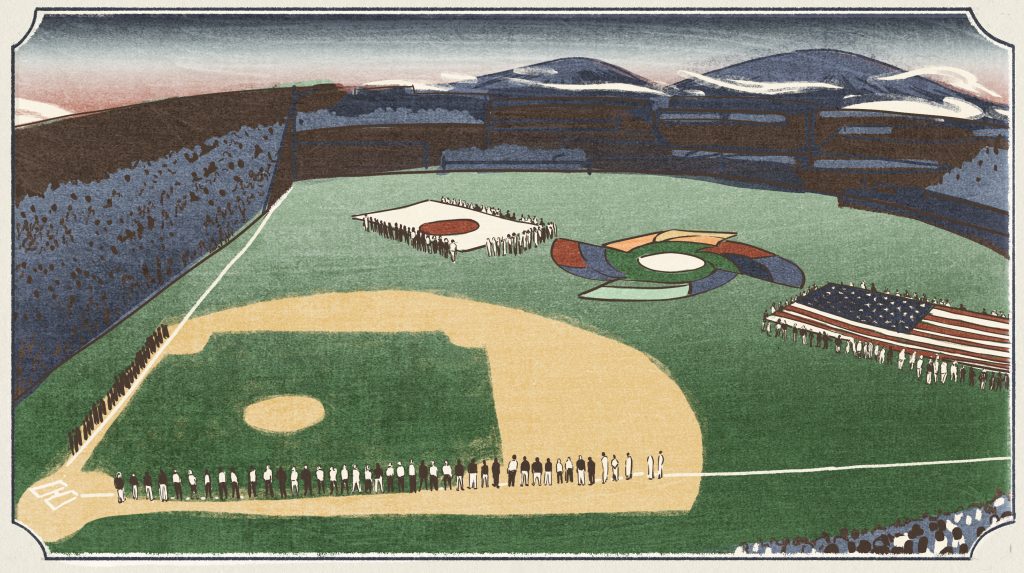
The documentary also touches on the painful reality of racism, including the mass incarceration of Japanese Americans during World War II. For many, baseball became a way to hold on to a sense of normalcy and express their American identity. As Kerry Yo Nakagawa of the Nisei Baseball Research Project explains, his family was forced into an assembly center where they “stayed in the animal stalls for six months and in Fresno, much like in Arizona, in the heat of the summer even though they took water hoses, fire hoses to wash out the manure for the farm animals, imagine the stench and the smell from the summer all the way to December.”
Building Bridges, One Game at a Time
The film uses archival footage, old photographs, and even never-before-seen home movies to transport the viewer through this complex history. It highlights how players like Babe Ruth, Joe DiMaggio, and O’Doul acted as unexpected ambassadors. Their stories lead to the present day, where players like Ichiro Suzuki and Shohei Ohtani continue to build on this tradition, strengthening the bonds between the two countries. The film suggests that even today, when the world seems to be pulling apart, the shared passion for a game can bring people together.
Read more: Ichiro Suzuki Makes History as First Asian Inductee into Baseball Hall of Fame
Diamond Diplomacy will have its world premiere at the Mill Valley Film Festival 2025, with screenings on Friday, October 3rd, at 3:30 p.m. at Sequoia Cinema 1 and on Sunday, October 5th, at 12:30 p.m. at Cinema 2.

